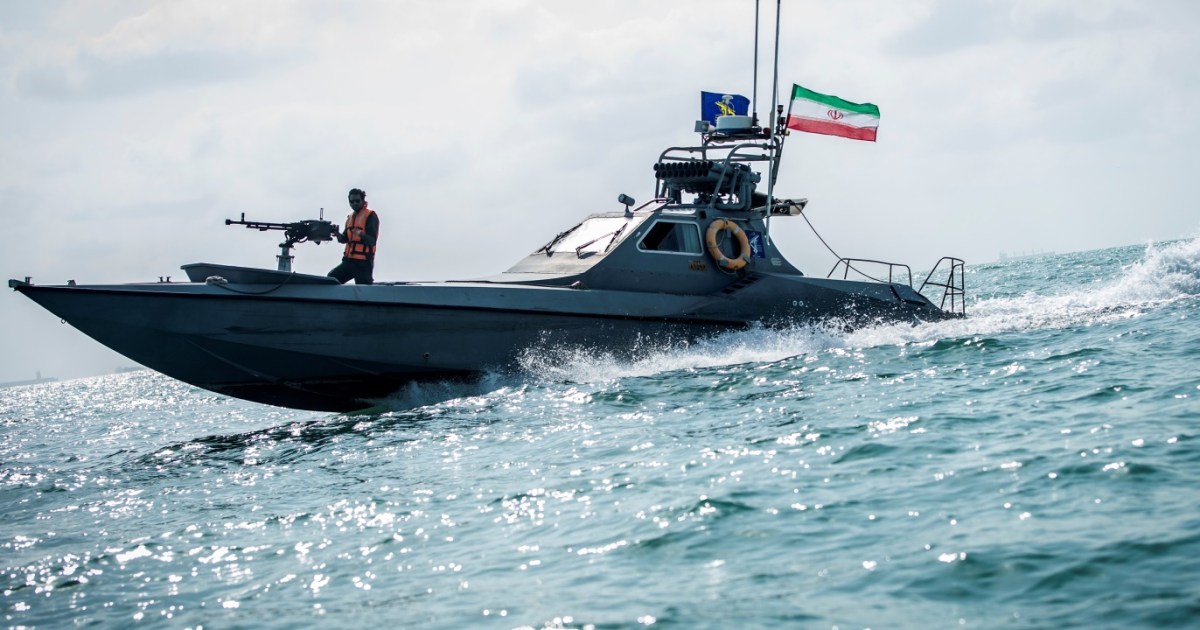The US Central Command said that Iranian forces backed by two ships and a helicopter had captured a ship in international waters, and a US official told Reuters that they later released it.
The leadership added in a tweet on its Twitter account that the ship was called "Wella", without speaking of its identity, and published a video recording of the seizure.
The Willa, according to the Refinitiv Ship Tracking Data, is an oil tanker flying the Liberian flag and is currently docking near the port of Khorfakkan in the United Arab Emirates.
Reuters quoted an American official, who asked not to be named, that the events took place near the Strait of Hormuz, and that Iranian forces finally released the ship. He added that the US military did not participate in the matter in any way except through its monitoring of the situation.
Today in international waters, Iranian forces, including two ships and an Iranian "Sea King" helicopter, overtook and boarded a ship called the 'Wila.' pic.twitter.com/455UQ5jwHT
- US Central Command (@CENTCOM) August 12, 2020
Tensions rose between Iran and the United States last year, following a series of incidents affecting shipping in and near the Gulf.
And in July 2019, Iran briefly detained a British-flagged oil tanker in the Gulf after Britain seized the Iranian tanker Grace 1, accusing it of violating sanctions on Syria.
And last April, Washington said that Iranian boats approached US warships only a few meters in dangerously close to the northern Gulf, and considered this a provocation.
At the time, US President Donald Trump threatened that the US Navy would use force directly in the event that US ships were exposed again to what Washington described as harassment by Iranian Revolutionary Guard boats.
Tehran responded to the words of its Defense Minister, Major General Amir Hatami, that the Iranian armed forces are ready to confront any threat that may be exposed to Iranian territory in the future.
It is noteworthy that the United States assassinated, at the beginning of this year, the commander of the Quds Force of the Iranian Revolutionary Guard, Qassem Soleimani, at Baghdad airport, and Tehran promised that his killing would be followed by what it called a strategic retaliation that ends the American presence in the region, while Trump threatened to strike 52 targets in Iran.

